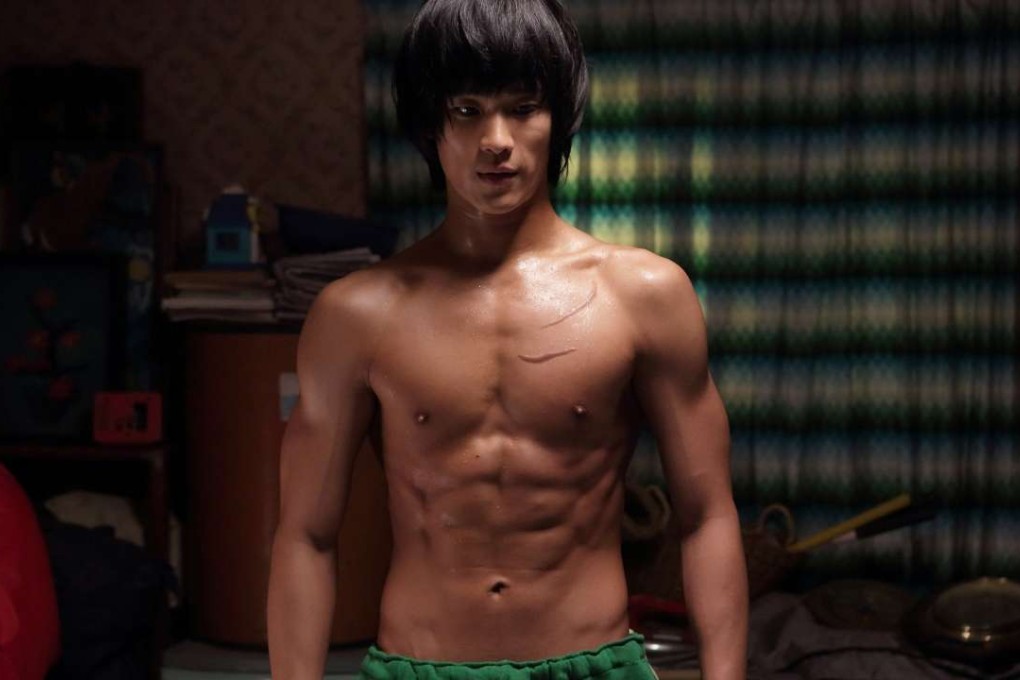On Reflection | K-pop, Korean soap stars and the secret Beijing won’t learn
In East Asia, where wartime memory and cultural soft power compete to create new alliances, China’s ban on screen time for Korean stars only highlights its failures

A strange-sounding edict has gone out from China’s authorities to the entertainment division of the nation’s broadcasters: no more South Korean soap stars or K-pop idols to appear onscreen.
After a decade in which South Korea’s actors and singers such as Kim Soo-hyun (pictured) and G-Dragon achieved huge popularity in China, projects featuring them have been “postponed”. The reason for this near-ban is not hard to fathom.
Recently, the South Korean government approved the deployment of the THAAD anti-missile system by the United States, ostensibly to deter North Korea, but in Chinese officials’ minds, in defiance of Beijing. The ever-fluid relationship between China and South Korea has taken another unexpected turn.
South Korea’s President Park calls for unity over ‘inevitable’ THAAD deployment
It all seemed so different less than a year ago. In September 2015, Beijing commemorated the end of the second world war in Asia. An eye-catching parade was held in Tiananmen Square, complete with tanks, marching troops, and a small number of veterans near or past their 100th birthdays who had fought in China’s war against Japan (1937-45). The VIP guest list was patchy, but one guest who did catch the eye was the South Korean president, Park Geun-hye, who reviewed the parade prominently alongside Chinese President Xi Jinping (習近平).
